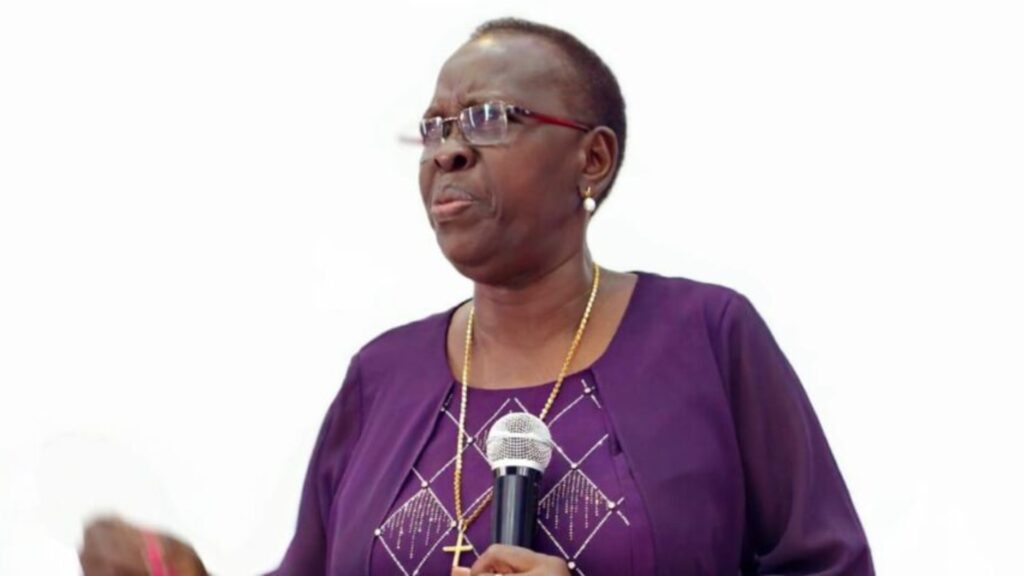The Deputy Chairperson of the National Election Commission (NEC), Lorna James Elia, has called on the South Sudan political parties to demonstrate a commitment to service delivery rather than engaging in power struggles.
Elia, who is also the deputy chairperson of the Political Parties Council (PPC), expressed the sentiments on Thursday during a two-day workshopon the role of the media, the political parties and the civil society organizations in enabling civic and political space in the country
She described the theme as “timely,” noting that it resonates not only with civil society, but also with independent commissions like NEC.
“One of the challenges we are facing is the issue of campaigns,” she said.
“As you know, the Revitalized Agreement on the Resolution of the Conflict in South Sudan (R-ARCSS) assigns different states to different political parties. If you go to a state dominated by another political party and attempt to campaign, it often leads to struggles and challenges.”
Elia highlighted that the competition between political parties was often driven more by a desire for power than by the efforts to address the needs of the South Sudanese.
“This, to me, reflects a lack of political maturity. A political party must prove itself as the best alternative by demonstrating its capacity to deliver services to the people,” she stated.
“Leadership should be about service delivery and not about personalizing political issues or fighting individuals.”
“Political parties must show that they can change the status quo and provide better services rather than engaging in internal conflicts and power struggles,” she added.
Civil society activist Edmund Yakani raised concerns about the transparency and accountability of some political parties.
“There are political parties whose locations are unknown despite being registered on the website. Whether their offices are in Gudele, or elsewhere, their presence must be verifiable,” Yakani said.
“We are giving these parties a short period to clarify their status or face removal from the Political Parties Council registry,” he cautioned.
Yakani criticized parties that lack financial stability or clear objectives.
“If you are a political party that is broke, why do you deserve to serve? Political parties should not exist to loot resources but to deliver services,” he said.
He also called for vigilance over the ruling parties.
“We must ensure that the two major parties, the party of the president and the party of the vice president, do not misuse public resources.
When endorsing leaders or organizing campaigns, they should not request funds from the Ministry of Finance under the table,” Yakani emphasized.
He urged the political parties to adopt a service-oriented approach and focus on rebuilding trust with the people of South Sudan through transparency, accountability, and effective leadership.
The call comes as the country prepares for the elections which have been postponed several times, now slated for December 2026.




